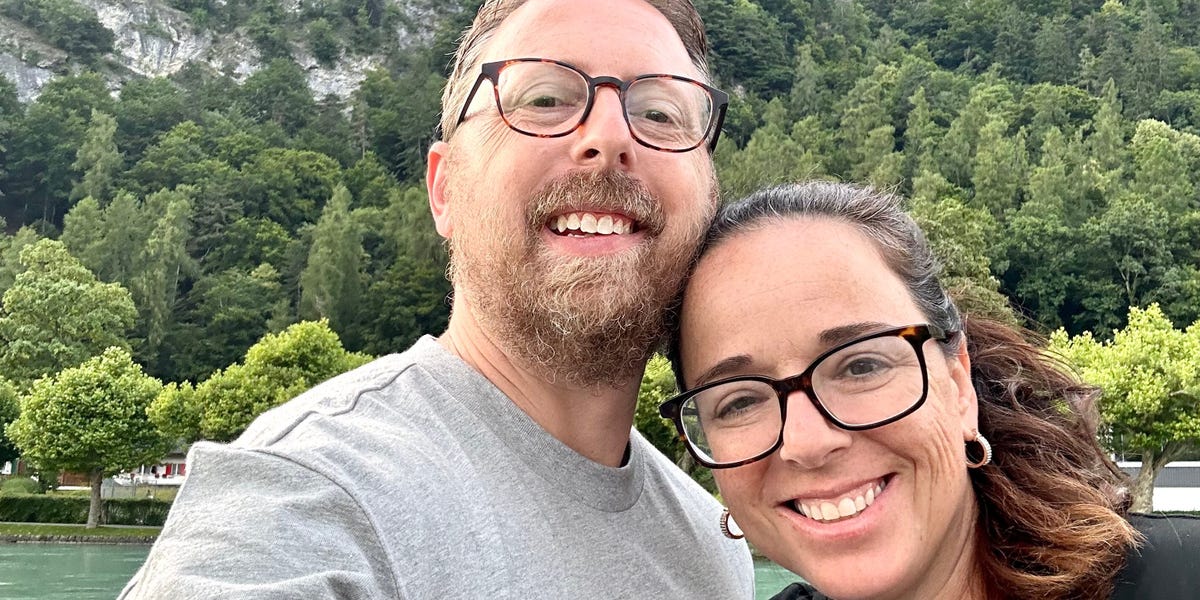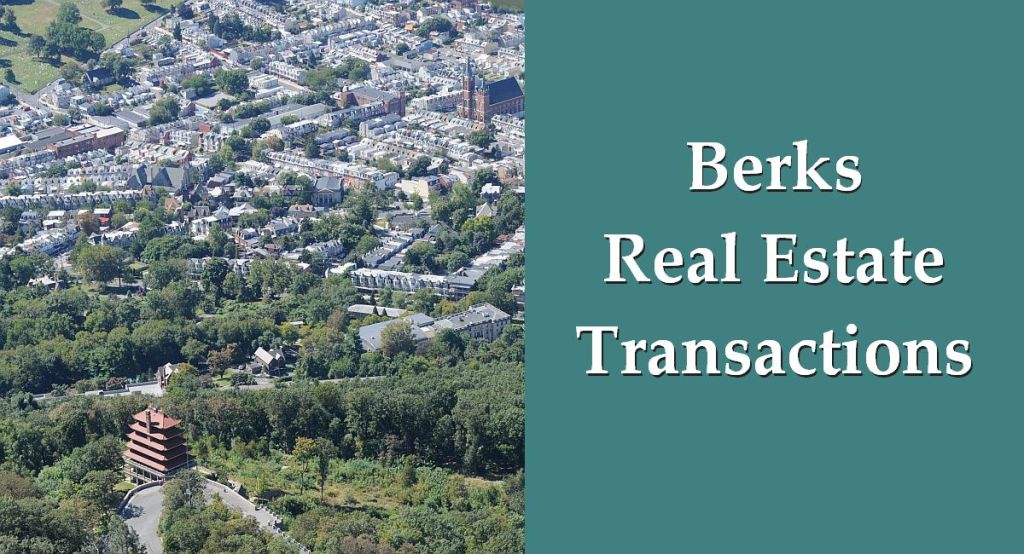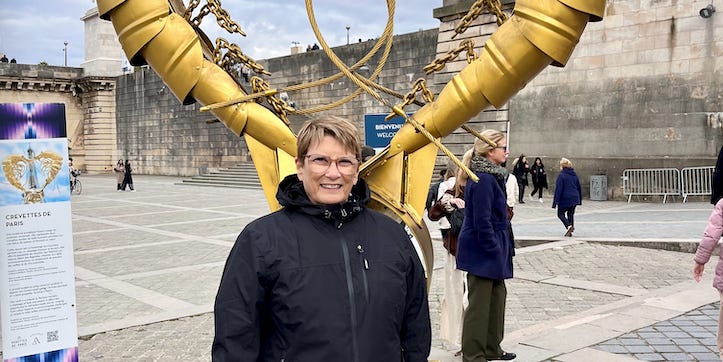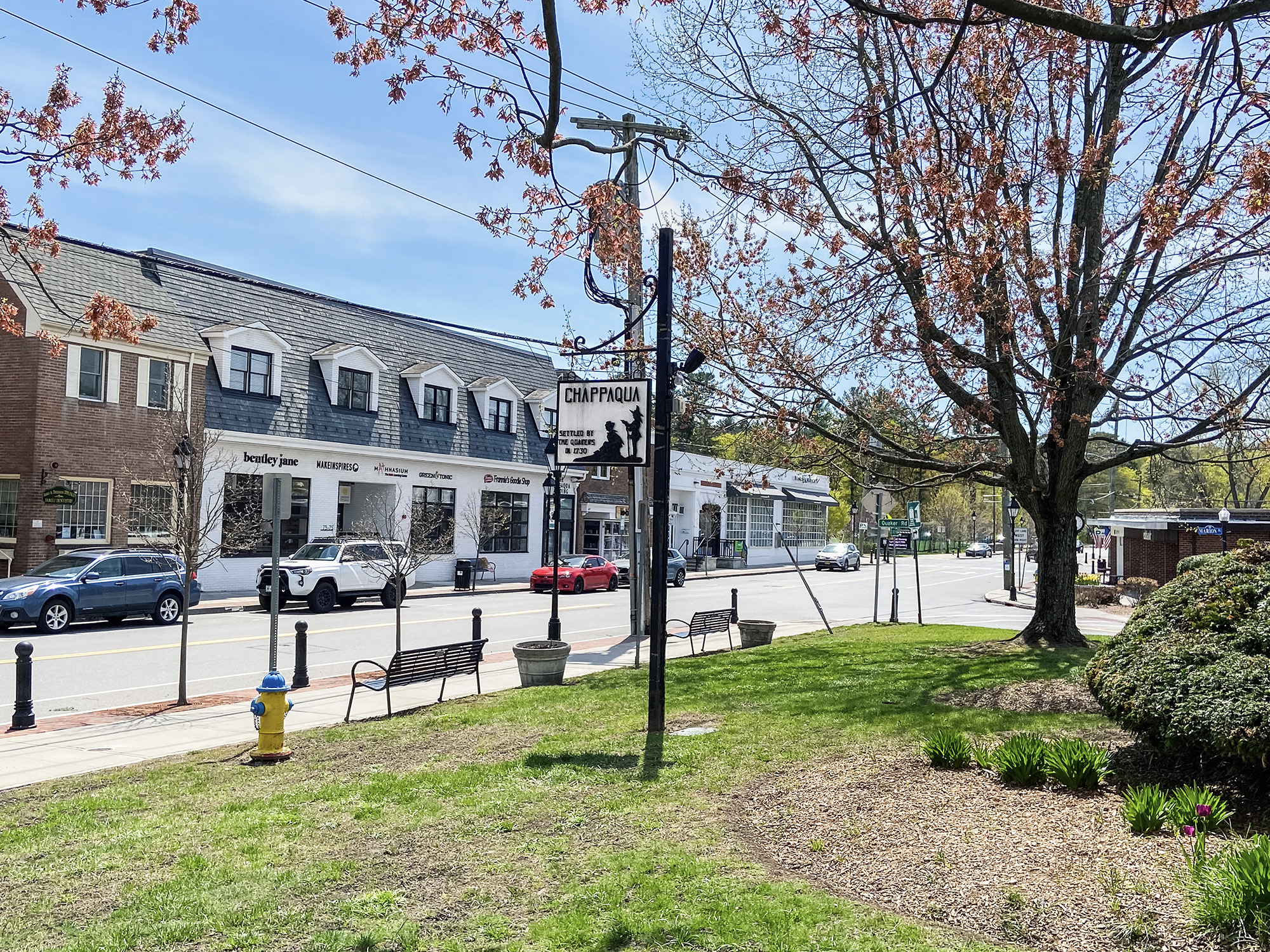T
ed and Jamie Garber, a Florida couple in their early 40s, own 28 rental units spread across 15 properties. Their goal is FIRE—financial independence and early retirement—so they’ve built a diversified income portfolio that includes a digital advertising agency, an e‑commerce line of watch straps, dividend stocks, and a real‑estate arm that brings in a six‑figure passive stream. Ted estimates they spend fewer than ten hours a month on real‑estate tasks, while Jamie, a former corporate attorney, handles legal and administrative work such as purchase agreements and lease drafting.
The Garbers began their real‑estate journey in 2020 with a “house‑hacking” strategy. Ted’s ad agency rented office space, and Jamie spotted a vacant commercial building—a former call center—nearby. They calculated that the rent paid by Ted’s company would cover the mortgage, and the remaining space could be leased to other businesses. They bought the building, hired a contractor (who proved unreliable but introduced them to subcontractors who finished the job), and transformed it into a WeWork‑style coworking space called Coastal Collaborative. The venture filled immediately, proving profitable from day one, and opened just as COVID forced many to work remotely.
Encouraged by this success, they purchased a second unit in the same building in 2022 and added residential properties—condos, townhomes, and single‑family homes—over the next five years. Their strategy focuses on undervalued properties that others overlook, often requiring cosmetic upgrades. They follow the 1% rule: the monthly rent should equal at least 1% of the purchase price, ensuring immediate cash flow. They also insist on buying at a price that allows a quick exit if needed, aiming to recoup the initial investment within three to six years. They avoid other people’s money, syndications, or group deals; everything is self‑funded.
Residential units are long‑term rentals. Once renovated and leased, they become largely hands‑off. Coastal Collaborative members use an app that acts as a key, granting flexible access and reducing the need for on‑site management. The Garbers employ Avail Property Management for residential units and Wave Accounting for commercial ones, automating billing, maintenance requests, and tenant communication. This automation lets them travel abroad with their two children for weeks each year without disrupting operations.
Their first commercial deal taught them the importance of legal structuring and marketing. Jamie handled the legal side, while Ted leveraged his advertising expertise to attract tenants. The combination of their backgrounds and the timing—opening a coworking space during a surge in remote work—made the venture successful from the start. They’ve continued to grow, now owning 28 units that generate a six‑figure passive income, all while keeping their risk tolerance low and maintaining full control over their investments.















